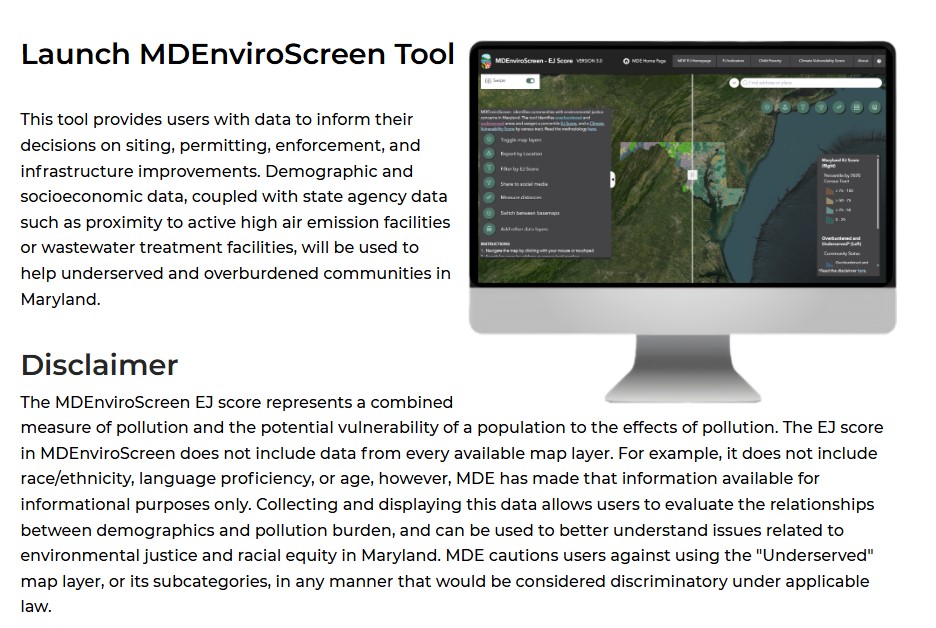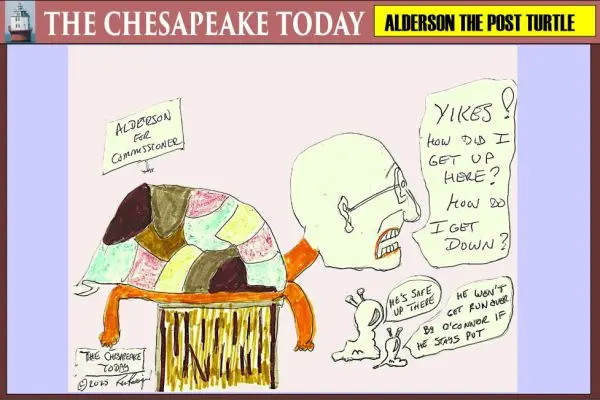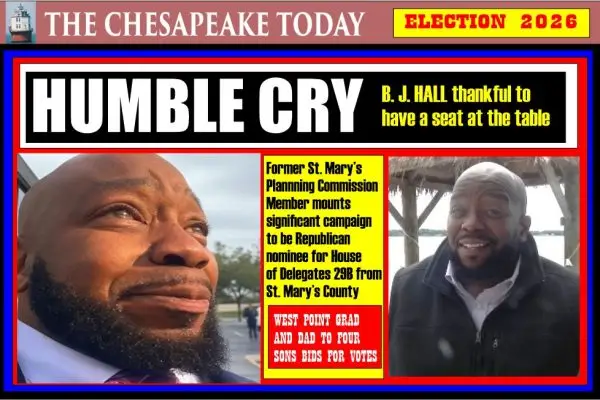
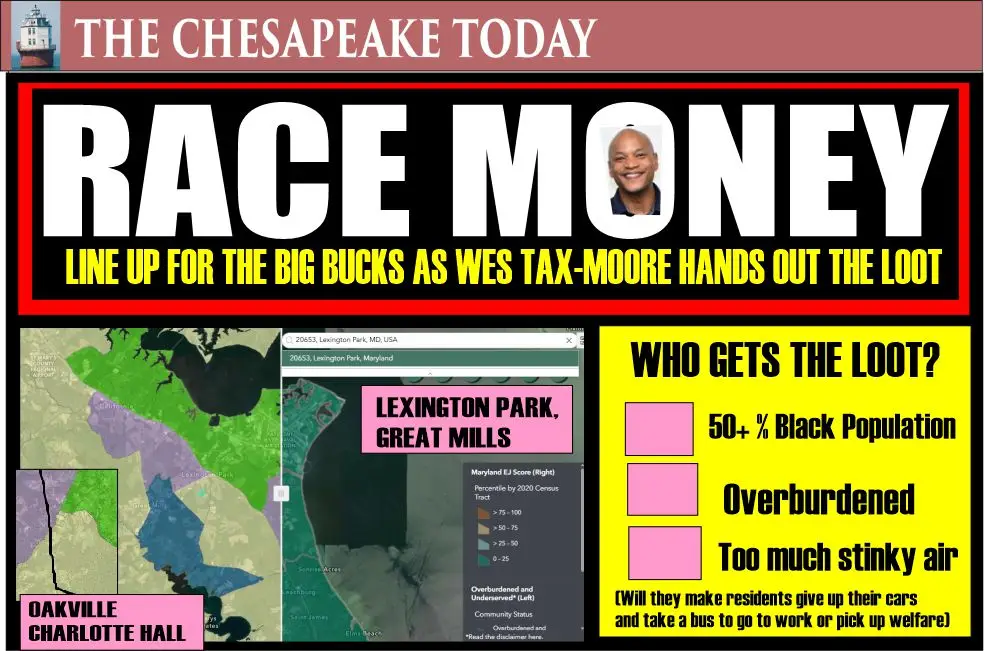

Governor Moore Signs Executive Order to Send Money to St. Mary’s County Communities Based on Race

Disguised as ‘Environmental Justice’, whatever that means…
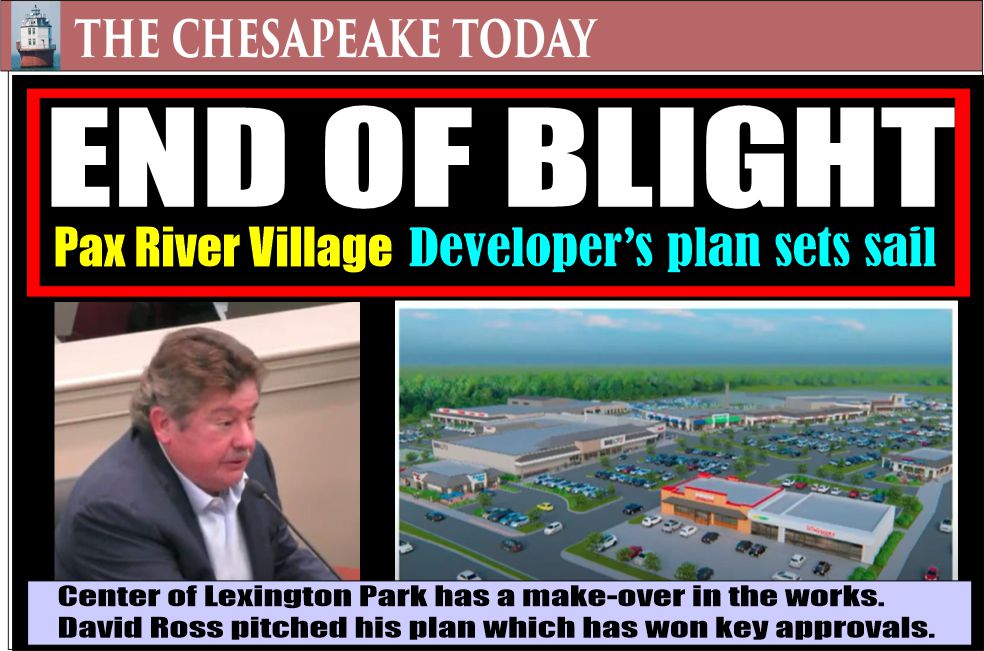
REPARATIONS COMING FROM GOVERNOR WES TAX-MOORE FOR LEXINGTON PARK; HOW WILL IT BE HANDED OUT?
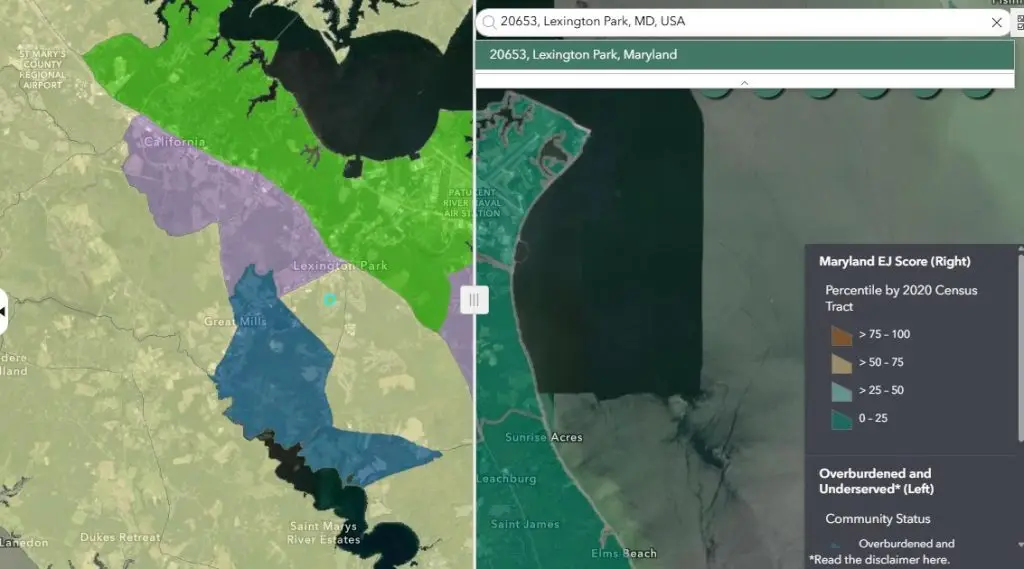

BY KEN ROSSIGNOL
THE CHESAPEAKE TODAY
ANNAPOLIS, MD — Maryland Governor Wes Moore signed an executive order on July 17, 2025, establishing what he called “a more unified approach to promoting environmental justice in Maryland”, that actually sends money to communities based on racial composition. Essentially, in areas of St. Mary’s County with a higher proportion of black residents, funds from the State of Maryland can be allocated to those areas if there are more black residents than white residents. That is “reparations,” no matter what kind of prose the Marxist Moore wishes to frame it in. In addition to having a higher percentage of residents who are black, the same area in Lexington Park also has a significantly higher level of serious crime, drug dealing, and robberies.
CHECK OUT THIS HANDY GIZMO SET UP BY THE STATE OF MARYLAND TO FIGURE OUT WHO GETS THE GRAFT
WILL DRUG DEALER BRIAN BUSH GET SOME ENVIRONMENTAL JUSTICE? HOW ABOUT SOME RACIAL EQUITY FROM WES MOORE?

The King Kennedy Estates and nearby residential areas of Oakville, as well as the Lexington Park neighborhoods, are identified in maps generated by an online tool on a state website hosted by the State of Maryland, as shown in the screenshots below. The King-Kennedy Estates was established as a community where low-income black residents could obtain Farmer’s Home Administration as well as federally insured (FHA) loans.
The area was famous in the eighties and nineties as one of the premier open-air drug Markets in St. Mary’s, along with the nearby Kavanaugh Road community. Notorious drug dealer Brian Bush was one of the most prominent drug dealers who lived in the community where white drug users visited the street corners to patronize their favorite street dealers. The St. Mary’s County Sheriff’s Department drug trafficking detectives known as “resi” and dewie”, Jeff McLain and Rusty Malone, often set up reversals and trapped drug users shopping for crack cocaine. The nicknames for the deputies came from many police reports that only found “residue” of drugs on persons and vehicles.
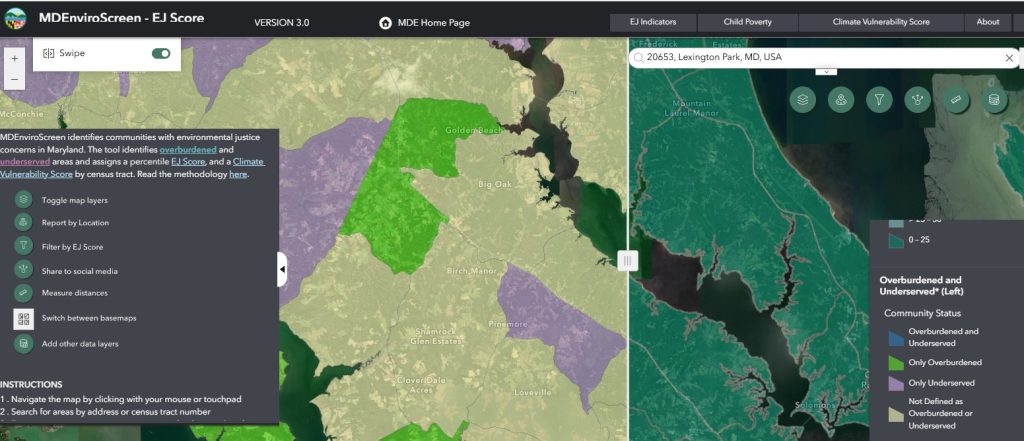
“The Valuing Opportunity, Inclusion, and Community Equity order will help foster a whole-of-government approach to advance meaningful engagement with communities that have historically borne a disproportionate burden of environmental pollution,” according to the Governor’s press release.
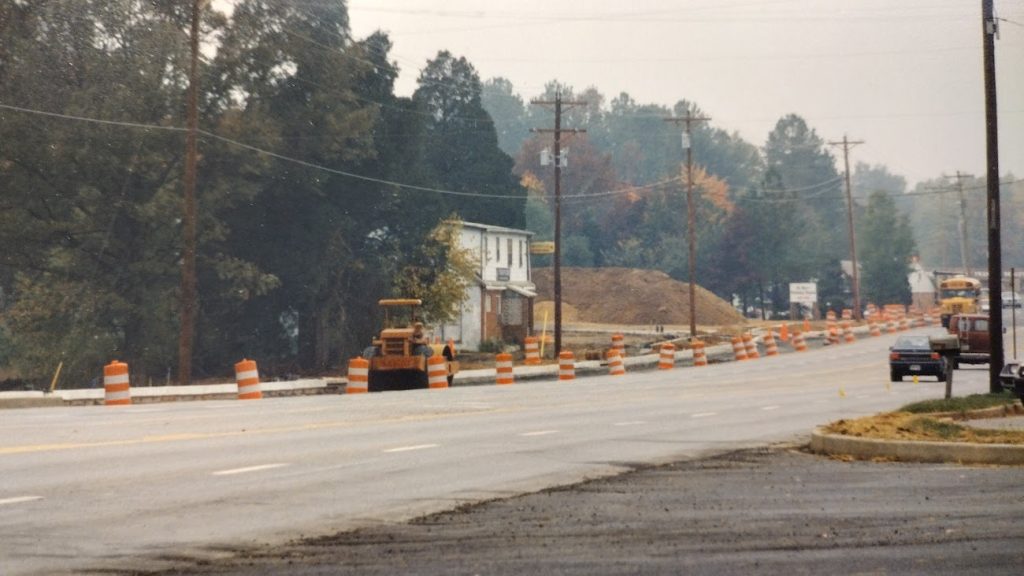
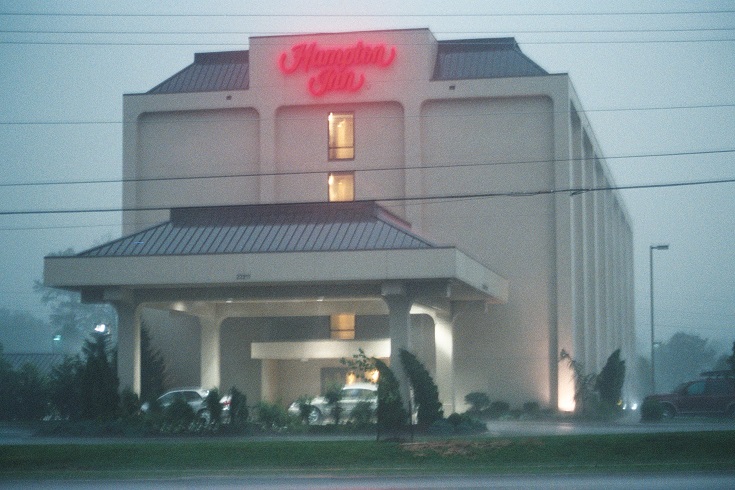
“Every Marylander deserves access to clean air, clean water, and resilient communities. That’s what environmental justice is all about,” said Gov. Moore. “The order marks the next chapter in our work to cut exposure to pollution, improve access to clean public transit, reduce urban heat islands, and uplift neighborhoods that have been left behind. And for our entire state, this action marks a step toward a more competitive economy and healthier communities for all.”
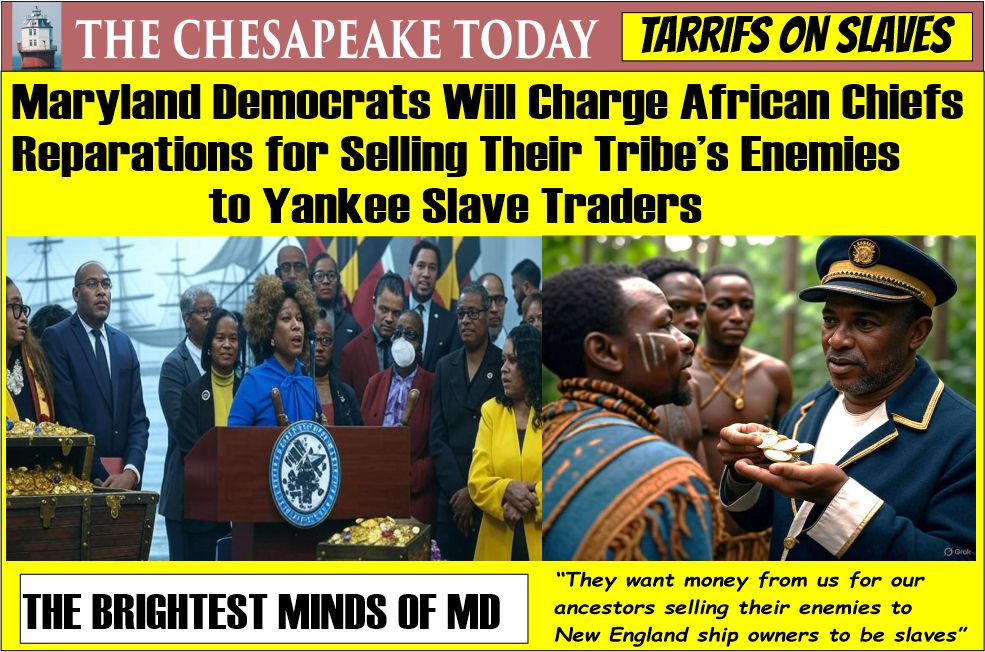
The governor was joined by Maryland Department of the Environment Secretary Serena McIlwain, Delegate Jazz M. Lewis, environmental advocates, students, and business leaders from across Maryland at the Crossroads School at the Living Classrooms Foundation in Baltimore City for the signing.
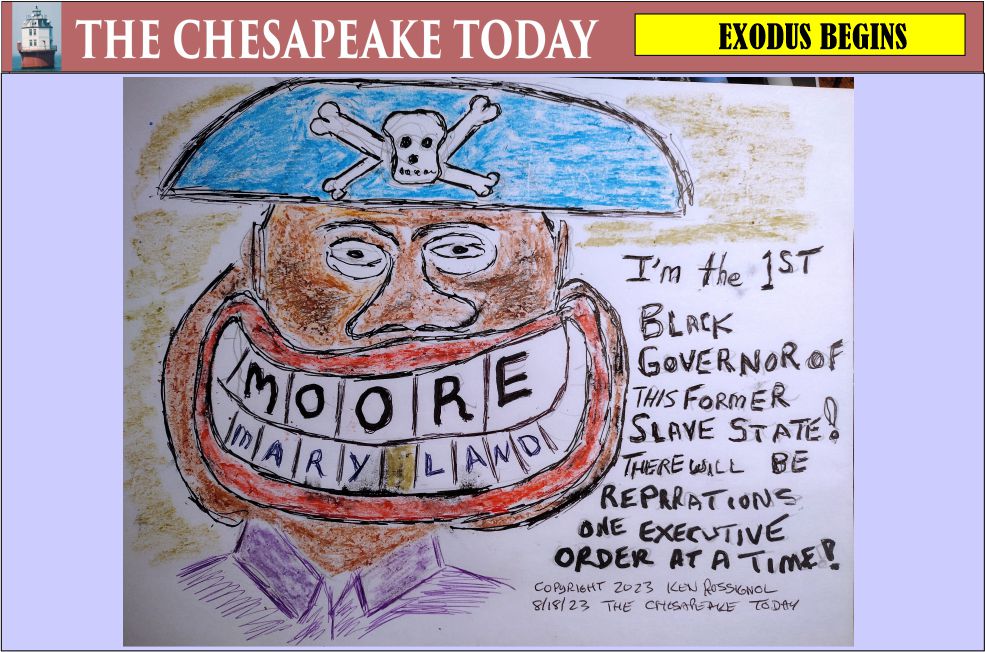
“Creating a cleaner Maryland requires us to listen to the people impacted by pollution,” said Maryland Department of the Environment Secretary Serena McIlwain. “We listen and we respond with strategies that reflect the needs of the community. We have done this with improved outreach, stricter permitting, the use of data, and greater transparency.”
LEXINGTON PARK WAS DESIGNATED AS A “HOT SPOTS” COMMUNITY IN 1996 BY THE GLENDENING ADMINISTRATION
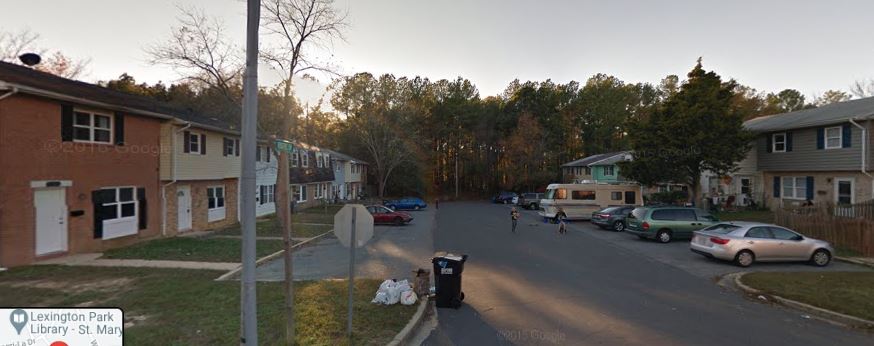
Gov. Glendening designated Lt. Gov. Kathleen Kennedy Townsend to be in charge of the
HotSpots Program
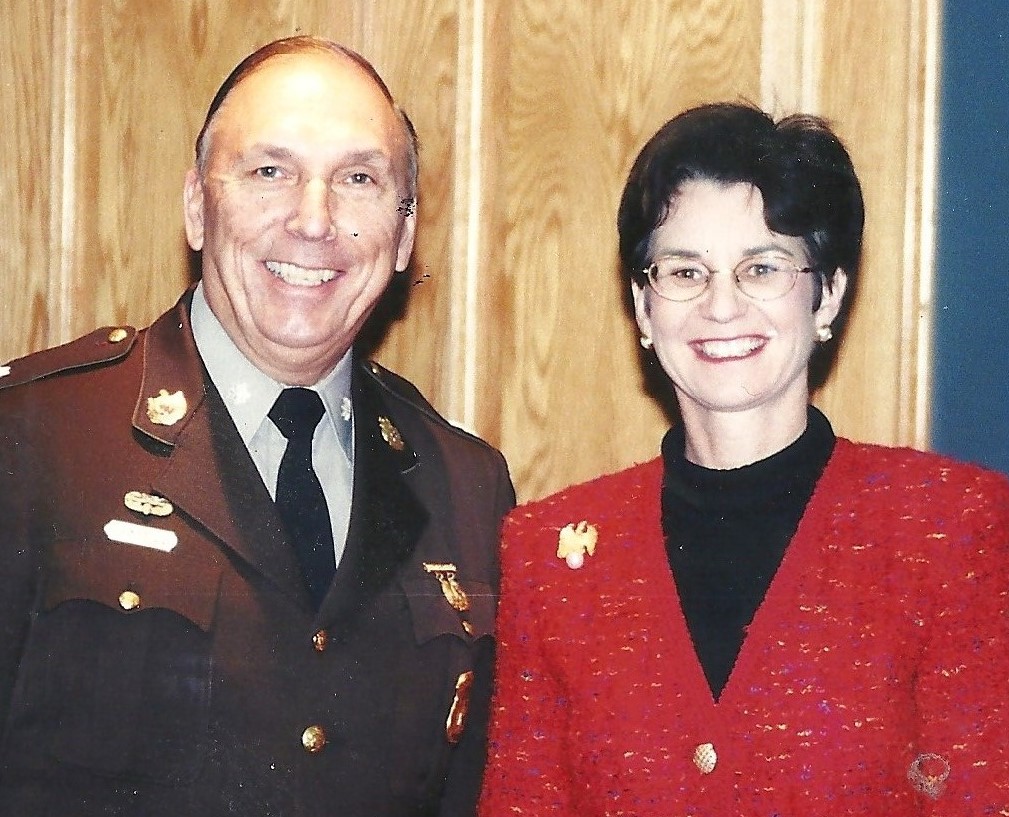
ST. MARY’S TODAY photo
GUESS WHERE MOST CRIME IS COMMITTED?
This excerpt from a 1999 Washington Post article describes the Glendening-Townsend Administration’s Hot Spots program:
The initiative that perhaps best illustrates the Glendening-Townsend approach to crime-fighting is the Hot Spots program, which targets federal and state resources on 36 high-crime neighborhoods across Maryland, including six in Baltimore and at least one in every county. The program is funded out of existing resources, including $3.5 million in annual state grants that previously had been distributed in a less coordinated manner.
The theory of Hot Spots is simple: Because researchers have found that 50 percent of crime occurs in just 3 percent of locations, resources from a variety of agencies — not just police — should be focused on those communities.

THE CHESAPEAKE TODAY photo
Sheriff Raids Hobo Camp


THE CHESAPEAKE TODAY photo.
The older housing communities of Flat Tops and Center Gardens were purchased by the county and removed, replaced by two large parks. The Navy built a new housing area known as Glenn Forest, and the Hopewell Manor and Suburban Mobile Home parks were purchased by a Harford County firm, which has renovated and improved both facilities.
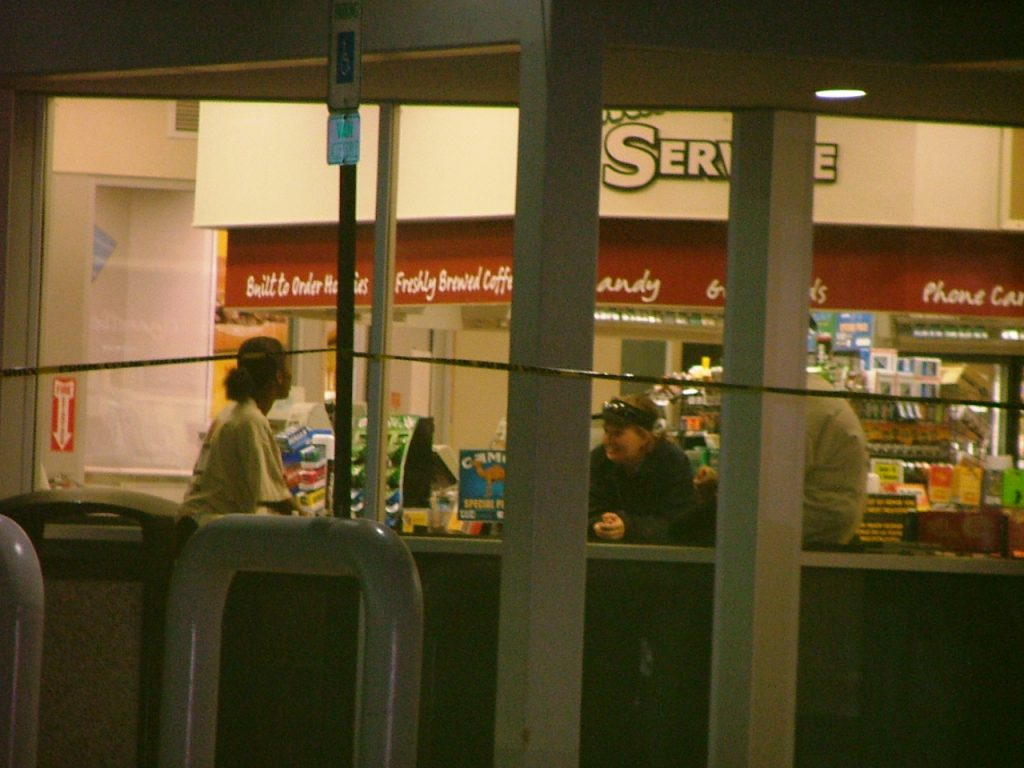
Section Eight housing bloomed along Great Mills Road and Chancellors Run Road as Prince George’s County developers relocated thousands of residents from Prince George’s County to St. Mary’s, overcrowding schools and exploding drug use. More housing is planned for Lexington Park, including another 1,200 housing units at Stuarts Grant, and dozens of townhouses will be installed in a renovated commercial section of the former Millison Plaza.
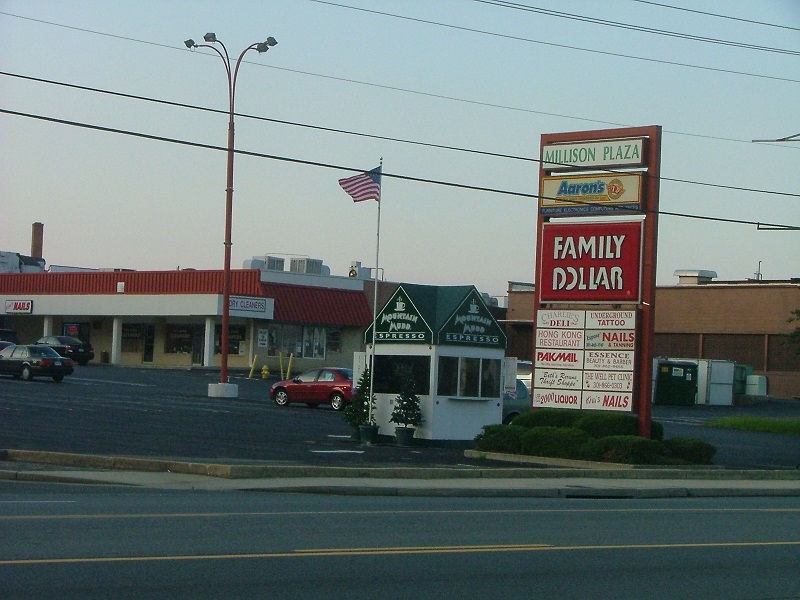
THOSE BIG BUCKS OF DEVELOPERS FOUND A HOME IN THE POCKET OF THE LEXINGTON PARK COMMISSIONER
St. Mary’s Commissioner Scott Ostrow, who serves as the Lexington Park commissioner on the county board, had to abstain from voting on the final zoning change due to having already received campaign contributions from the developer. Ostrow, therefore, was unable to vote on the most significant intrusion into the AICUZ zone since its creation forty years ago, which was intended to protect the base missions.
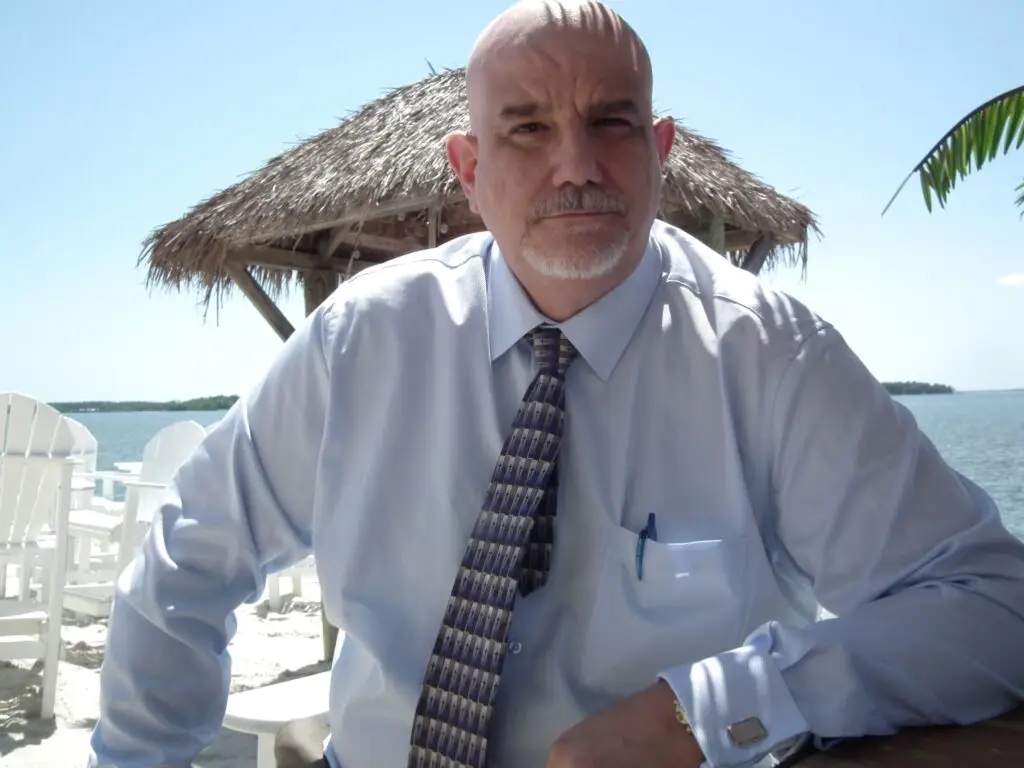
A campaign donation of $2,000 to Ostrow by the Lexington Park shopping center developer, Atlantic Realty, after the election, created a conflict of interest for Ostrow and prevented him from participating in a key zoning decision in 2025 in his district.

Discover more from THE CHESAPEAKE TODAY - ALL CRIME, ALL THE TIME
Subscribe to get the latest posts sent to your email.


